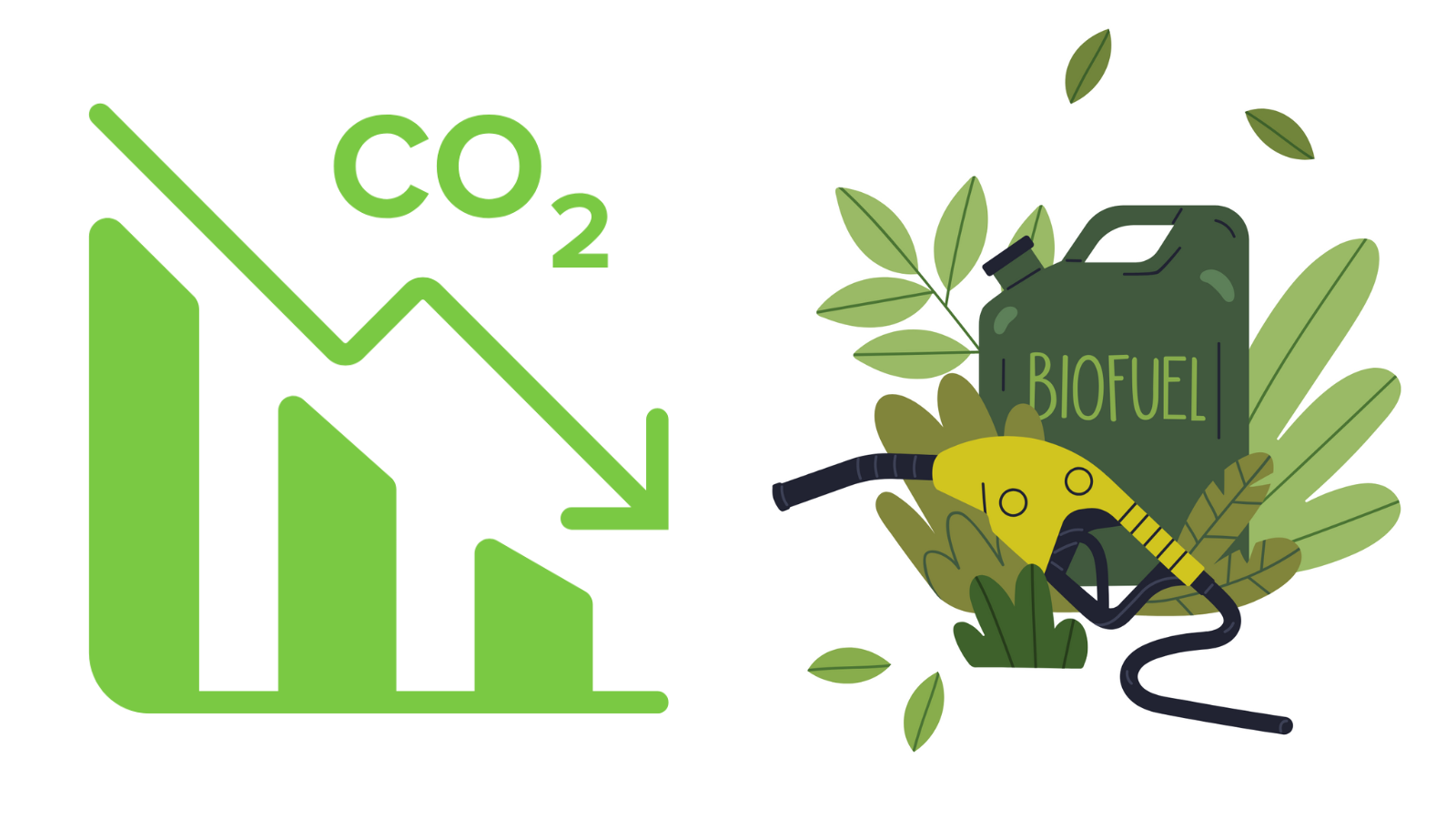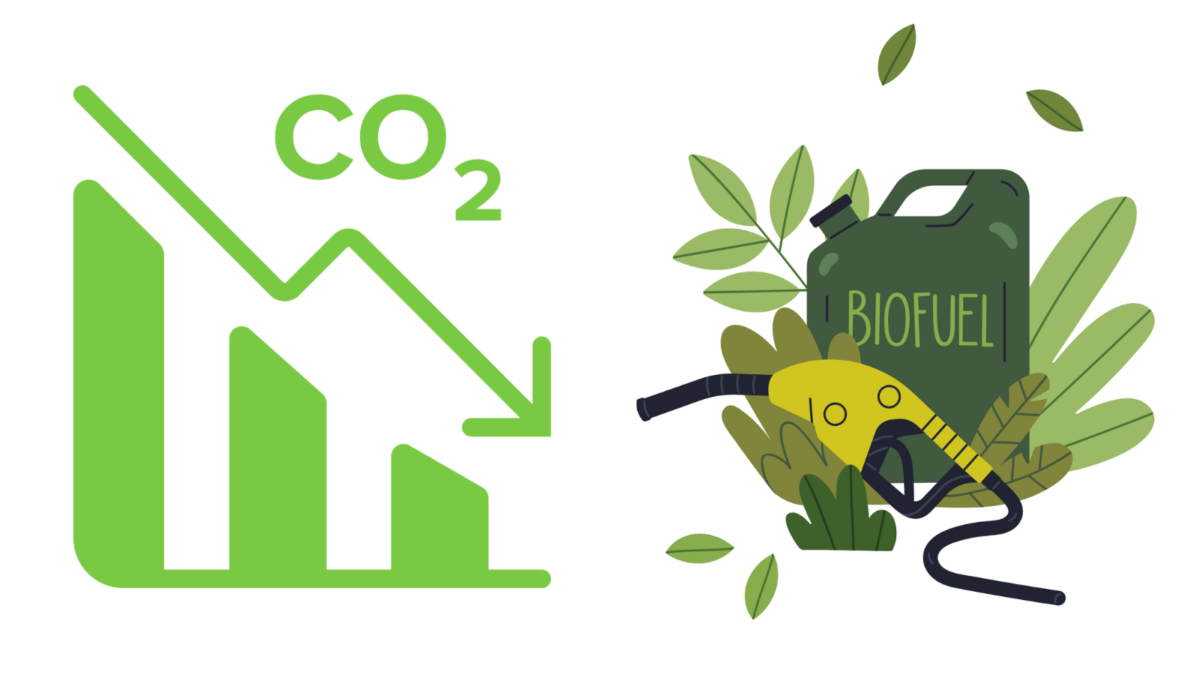
TLC’s Successful HVO Trial Marks Major Step Towards Fleet Decarbonisation
At Totally Local Company (TLC), our commitment to sustainability goes far beyond words. As part of our journey towards a greener, more responsible future, we are proud to announce the successful trial and implementation of Hydrotreated Vegetable Oil (HVO) within our Fleet.

The Background:
Reducing Emissions from Heavy-Duty Operations
TLC operates a wide range of heavy-duty vehicles – from recycling and refuse trucks to sweepers and tippers – which are vital to delivering our services for Stockport Metropolitan Borough Council (SMBC), local businesses and the community in Stockport and across Greater Manchester.
While these vehicles already meet stringent emissions standards, they also represent one of our biggest carbon challenges due to the nature of their operations.
In late 2024, we began a trial of HVO as part of our strategy to reduce our carbon footprint and improve local air quality. The results have been both encouraging and enlightening.
What is HVO and Why Does It Matter?
Hydrotreated Vegetable Oil (HVO) is not biodiesel, but a next-generation renewable diesel made through the hydrotreatment of vegetable oils. It meets the EN 15940 standard, and unlike biodiesel, contains no esters – meaning a cleaner, more consistent fuel that’s suitable for a wide range of uses without compromising engine performance or longevity.
Overcoming the Myths – and Seeing the Results
One of the key objectives of our trial was to separate fact from fiction. Initial questions from both engineering teams and operators included:
- “Will HVO affect vehicle performance?”
- “Will it impact our engine warranties?”
We worked closely with our vehicle suppliers to verify compatibility. Encouragingly, 77% of our fleet was confirmed as HVO-ready. The results during the trial showed:
- No adverse impact on performance — in fact, in many cases, vehicles ran more efficiently.
- Improved combustion thanks to HVO’s high cetane number (up to 90) and clean-burning profile.
- Better fuel economy and a potential annual reduction of 1,500 tonnes of CO2, thanks to a cleaner engine environment.
- Cold-weather performance due to a low cloud point of -32°C.
Moving Forward with HVO
Following the trial’s success, we officially transitioned our fleet to HVO in May 2025. The changeover has been seamless, with no operational issues reported to date.
As part of our ongoing procurement policy, all new diesel vehicle acquisitions will be required to be compatible with HVO EN 15940 as a minimum – unless an electric vehicle (EV) alternative is available and viable.
A Long-Term Commitment to Sustainability
At Totally Local Company, sustainability is embedded in how we operate and how we innovate. From reducing our emissions to embracing alternative fuels, we are proud to lead the way in environmentally responsible service delivery for our community.
The successful adoption of HVO demonstrates our practical commitment to a more sustainable future. It’s a key step in our fleet decarbonisation strategy and shows that even in heavy-duty sectors, real change is possible.
About – HVO
HVO, which stands for Hydrotreated Vegetable Oil, gets its name from the way its produced – through the hydrotreatment of vegetable oils which ensures a consistent product with no esters (Esters are organic compounds that are formed when an alcohol and an acid combine, and water is removed) or contamination.
HVO is part of the paraffinic family of fuels, which is a stable, renewable, sustainable, and high-quality direct diesel replacement, making it perfectly suited for a wide range of applications including vehicles, generators, and industrial power systems.


